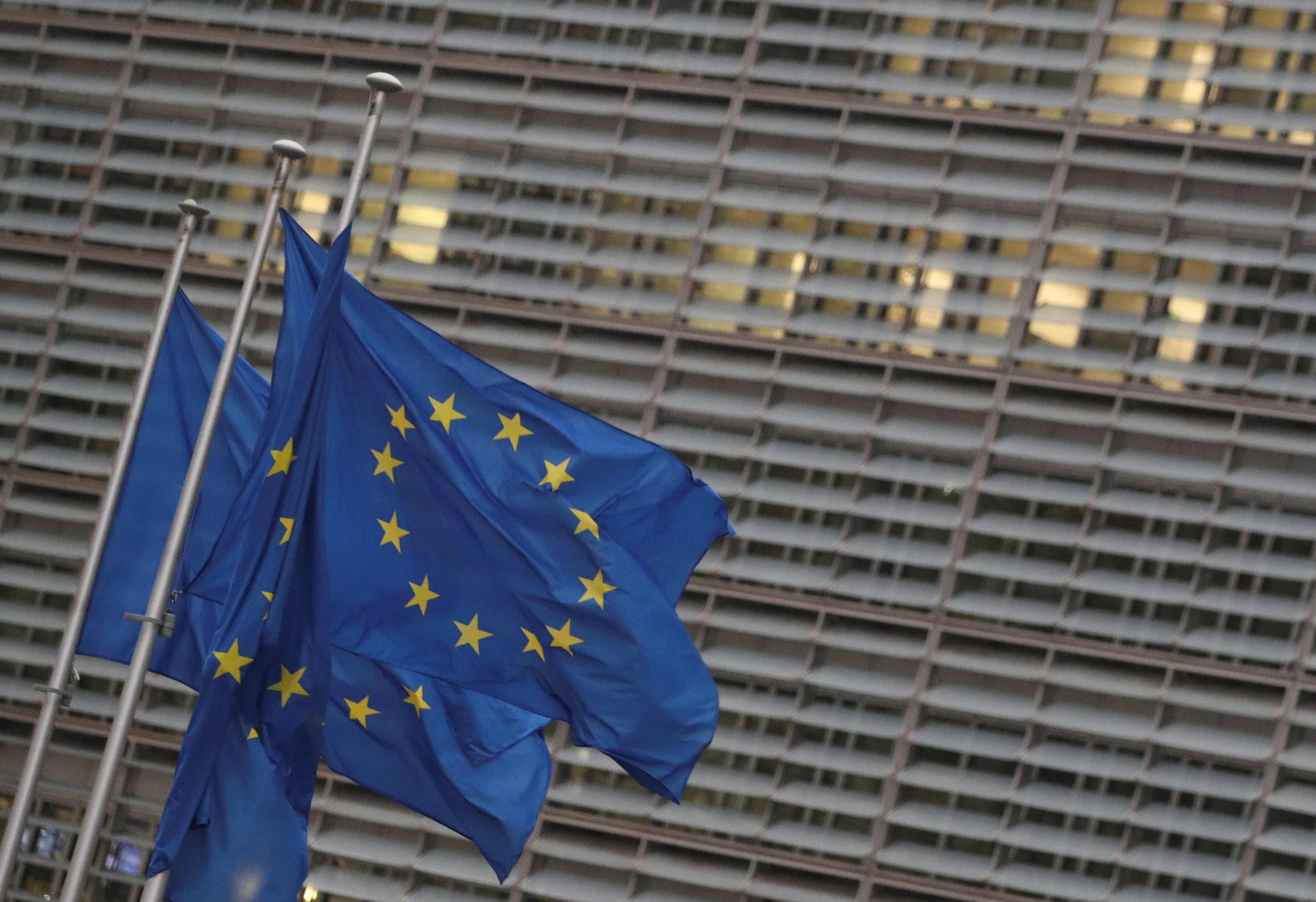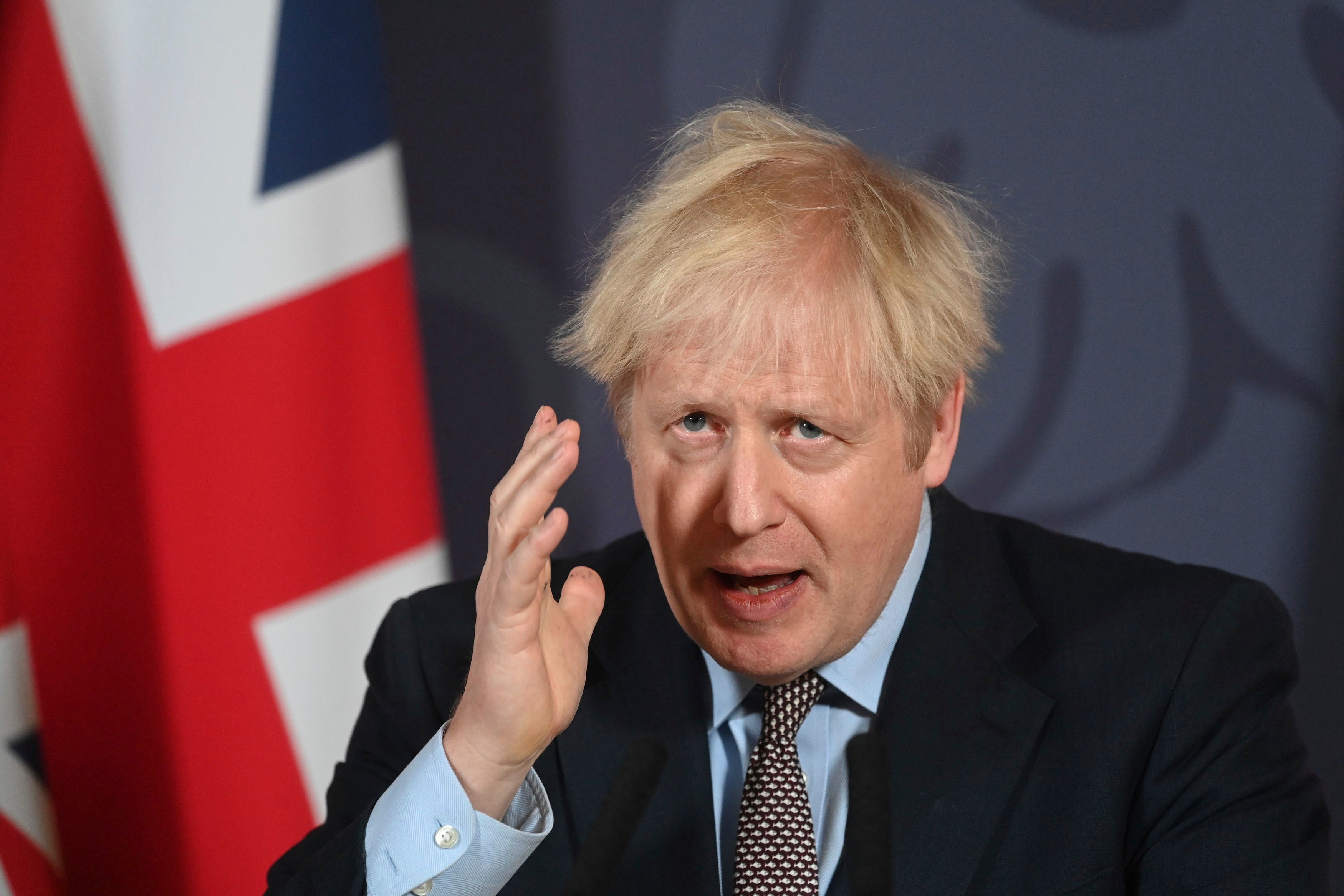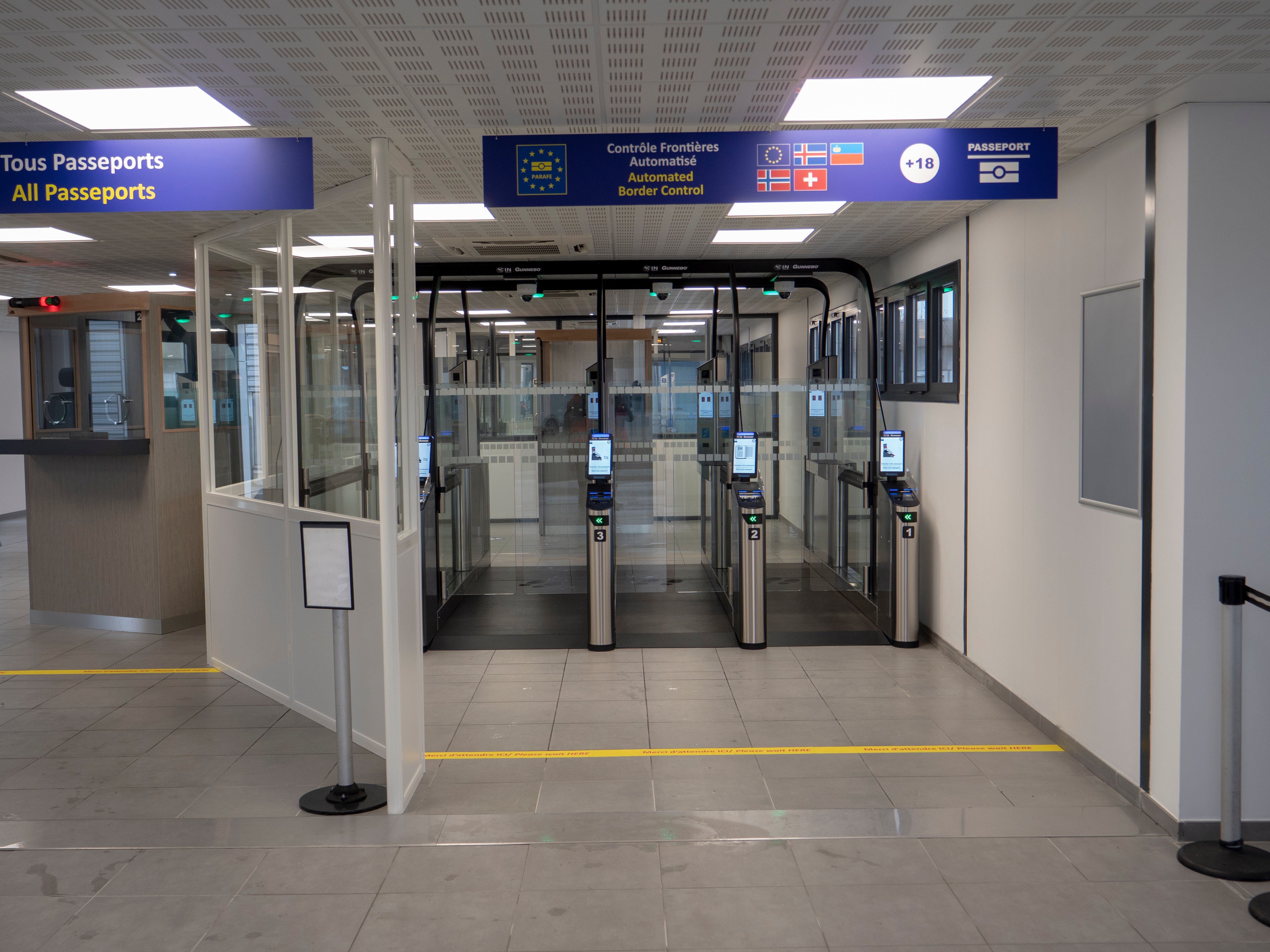Labour figures urge MPs not to vote for ‘rotten’ deal as RAF to fly signed agreement to UK
Ministers poised to delay return of secondary schools
Your support helps us to tell the story
From reproductive rights to climate change to Big Tech, The Independent is on the ground when the story is developing. Whether it's investigating the financials of Elon Musk's pro-Trump PAC or producing our latest documentary, 'The A Word', which shines a light on the American women fighting for reproductive rights, we know how important it is to parse out the facts from the messaging.
At such a critical moment in US history, we need reporters on the ground. Your donation allows us to keep sending journalists to speak to both sides of the story.
The Independent is trusted by Americans across the entire political spectrum. And unlike many other quality news outlets, we choose not to lock Americans out of our reporting and analysis with paywalls. We believe quality journalism should be available to everyone, paid for by those who can afford it.
Your support makes all the difference.Sir Keir Starmer is facing a growing revolt over his decision to back Boris Johnson’s trade deal with the EU in a Commons vote this week, with Labour figures including John McDonnell urging MPs not to back what they say is a “rotten” deal.
The Labour leader says he will call on his MPs to support the "thin" post-Brexit free trade agreement, despite misgivings that it would fail to protect many key economic sectors. He argued that ending the Brexit transition period without a deal would be even worse for the economy.
It comes as Downing Street revealed the deal will be signed in Brussels by EU chiefs tomorrow before being flown by an RAF plane to London for Boris Johnson to sign.
Meanwhile, ministers are poised to bow to pressure to delay the return of English secondary school pupils to allow more time for mass testing.
See below for how our live coverage unfolded.
- Caroline Lucas: Why I’m voting against the Brexit deal with the EU
- Brexit deal: Labour’s civil war over Europe is just getting started
- What is Brexit and why is it still happening?
- Here’s what Brexit will mean for your wages, benefits and taxes
- Can I still move to France, Germany or other EU countries after Brexit?
Good morning and welcome to the latest Brexit updates from The Independent.
Starmer faces rebellion for backing deal
Labour leader Sir Keir Starmer is facing a rebellion within his own party over his decision to back Boris Johnson's EU trade deal in a Commons vote tomorrow.
The former shadow chancellor John McDonnell and ex-cabinet minister Ben Bradshaw are among the signatories to a statement calling on opposition parties not to support the "rotten" agreement, The Guardian reported.
Several pro-European Labour MPs have said the party should not support the agreement and should abstain from the vote.
The statement has been organised by Another Europe is Possible and Labour for a Socialist Europe - both on the left - but has attracted support from both wings of the party, the paper reported.
As well as Mr Bradshaw, it said the signatories included ex-cabinet minister Lord Adonis from the Blairite wing of the party. From the left, Mr McDonnell is joined another former shadow cabinet minister Clive Lewis.
"That task gets harder if opposition parties fall into the trap of rallying around this rotten deal," the statement said.
"We are witnessing an act of vandalism against our livelihoods, our rights and our horizons.
"We call on Labour, the Labour movement and other opposition parties not to support the Tories' Brexit deal when it is put to a vote in the House of Commons."
Gove warns of ‘bumpy moments’ ahead
Michael Gove has called on businesses and individuals to prepare for the new procedures that will apply in just three days' time.
The Cabinet Office minister warned time was "very short" and said there were likely to be some "bumpy moments" as the new arrangements came into effect.
He said firms needed to be ready for new customs, while he urged UK citizens to take out comprehensive travel insurance to cover health costs and to check their mobile roaming policies to avoid charges if they were travelling to the EU.
"I think lots of businesses are ready, particularly the larger businesses, some smaller businesses will still want to do a bit more in order to be ready," he told BBC Breakfast yesterday.
"We are there to help them and the advice that we're giving, and also the money that we've invested in making sure that people can be ready for customs procedures, is designed to help.
"I'm sure there will be bumpy moments but we are there in order to try to do everything we can to smooth the path."
Parcels to EU need customs form from today, Post Office says
Britons sending goods or parcels to the EU will need to fill in and attach additional forms starting from today, the Post Office has said.
Alessio Perrone reports:

Parcels to EU need customs form after end of Brexit transition period, Post Office says
New rules over sending of parcels to bloc kick in on 31 December
EU member states give unanimous backing to agreement
The Brexit trade deal moved a step closer to being passed yesterday, with unanimous approval granted by EU member states, deputy political editor Rob Merrick reports:

EU member states unanimously approve Brexit deal
Move means agreement can come into force on New Year's Day – even though European Parliament will not vote until February
EU member states give unanimous backing to agreement
The Brexit trade deal moved a step closer to being passed yesterday, with unanimous approval granted by EU member states, deputy political editor Rob Merrick reports:

EU member states unanimously approve Brexit deal
Move means agreement can come into force on New Year's Day – even though European Parliament will not vote until February
EU member states give unanimous backing to Brexit trade deal
The Brexit trade deal moved a step closer to being passed yesterday, with unanimous approval granted by EU member states, deputy political editor Rob Merrick reports:

EU member states unanimously approve Brexit deal
Move means agreement can come into force on New Year's Day – even though European Parliament will not vote until February
Barnier says he will serve France after Brexit
The European Union's Brexit negotiator Michel Barnier has said he sees himself serving his home country, France, in some capacity following the completion of his work on negotiating Britain's exit from the EU.
"I will use my energy to work for my country," Mr Barnier told Franceinfo radio when asked about his plans. He added that France was in need of "unity, solidarity and justice".
Mr Barnier did not give any details of whether this might include political ambitions, less than two years away from France's next presidential election.
"I want to take part in the collective process of bringing about progress in my country," he added.
How travel to EU will change after Brexit
From 11pm GMT (midnight Central European Time) on 31 December 2020, the ease with which the British have holidayed, worked and lived in the EU for decades will end, travel correspondent Simon Calder writes.
Here’s how travel will change from 2021:
Urgent national action needed to prevent ‘catastrophe’ in January, warns government adviser
National coronavirus restrictions are now needed to prevent a “catastrophe” in January and February as the coronavirus pandemic enters a “new dangerous phase”, a government scientific adviser has warned.
Andrew Hayward, who sits on the government’s New and Emerging Respiratory Virus Threats Advisory Group (Nervtag), also suggested it “makes a lot of sense” to keep schools closed for a while longer as cases of the virus continue to climb.
Political correspondent Ashley Cowburn reports:

Urgent national action needed to prevent ‘catastrophe’ in January, warns government adviser
‘We’re entering a new dangerous phase of the pandemic,’ says professor Andrew Hayward

Join our commenting forum
Join thought-provoking conversations, follow other Independent readers and see their replies
Comments